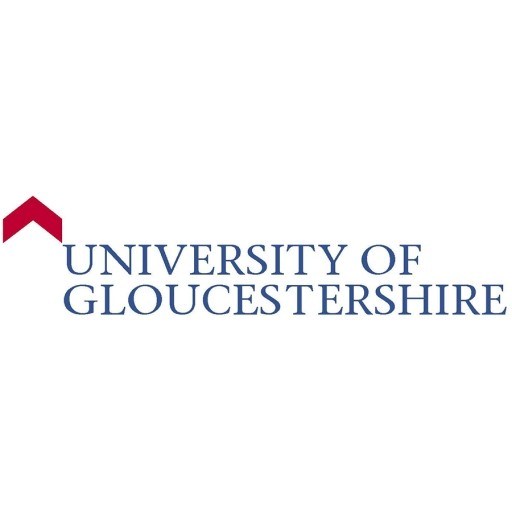Photos of university / #oxford_uni
The online Postgraduate Certificate (PGCert) in Nanotechnology offers a nine-month introduction to the subject for those seeking a thorough grounding in the science and application of nanotechnology.
The PGCert in Nanotechnology is a unique online, part-time course aimed at professionals from a diverse range of backgrounds who wish to learn more about the foundations of nanotechnology, technological advances and the applications it enables.
The course has been developed to introduce fundamental material essential to the understanding of nanotechnology. Its content has been designed to enhance career development that is recognised and accepted within industry, and there are opportunities to access cutting-edge research and current practice in a wide range of nanotechnology topics.
The course can be taken from anywhere in the world by those seeking a solid foundation in nanotechnology. Its modular structure provides flexibility while a tutor-led approach lends cohesion and depth to the distance learning experience which has been tailored to enable busy people in full-time employment to study.
The PGCert in Nanotechnology comprises three modules:
The Wider Context of Nanotechnology
This module introduces the core principles and background to nanotechnology, along with the social, environmental and regulatory contexts within which nanotechnology enterprises operate.
The Fundamental Science of Nanotechnology
This module covers the essential core principles that determine the length-scale effects that constitute nanoscale phenomena.
Fundamental Characterisation for Nanotechnology
This module provides an introduction to the characterisation techniques that can be utilised to determine the properties and the successful production of materials and structures at the nanoscale.
The modules present difficult concepts in an engaging way and introduce the most commonly used and most important analytical, quantitative and experimental methods in nanotechnology. The content of each module contains up-to-the-minute thinking and reflects the University of Oxford's world-leading research in nanotechnology.
Each module lasts for seven to ten weeks, corresponding approximately to the University of Oxford's term calendar. The modules are taught through a blend of independent study of online learning materials and group work which takes place during discussions and research, as well as weekly live online tutorials. At the end of the third module you will attend a residential weekend in nanoscale materials characterisation based at the University of Oxford’s Begbroke Science Park.
To complete the PGCert in Nanotechnology students must:
- complete three mandatory modules;
- attend a compulsory visit to the Oxford facilities; and
- successfully complete a portfolio of assignments (written reports, problem sheets and presentations) for each of the modules.
This flexible programme is delivered by Begbroke Science Park and the Department for Continuing Education’s Continuing Professional Development Centre. The online components are delivered through a bespoke virtual learning environment and Adobe Connect, which are supported by a dedicated IT support helpdesk.
Applicants are normally expected to be predicted or have achieved a first-class or strong upper second-class undergraduate degree with honours (or equivalent international qualifications), as a minimum, in a mathematical or physical sciences discipline, eg mathematics, materials science, physics, chemistry, or engineering. For applicants with a degree from the USA, the minimum GPA normally sought is 3.6 out of 4.0.
Applicants with an undergraduate degree in biology, pharmacy, medicine or business must demonstrate at least A-level (or equivalent) knowledge in mathematics and physics.
If you hold non-UK qualifications and wish to check how your qualifications match these requirements, you can contact the National Recognition Information Centre for the United Kingdom (UK NARIC).
Alternatively, students will have some practical experience in related fields. This experience would be demonstrated by publications or approximately five years of employment in a related field.
No Graduate Record Examination (GRE) or GMAT scores are sought.
- Official transcript(s)
- CV/résumé
- Statement of purpose/personal statement: One page
- References/letters of recommendation:Three overall, generally academic
ENGLISH LANGUAGE REQUIREMENTS
Higher level
|
est |
Standard level scores |
Higher level scores |
||
|
IELTS Academic |
7.0 | Minimum 6.5 per component | 7.5 | Minimum 7.0 per component |
|
TOEFL iBT |
100 |
Minimum component scores:
|
110 |
Minimum component scores:
|
| Cambridge Certificate of Proficiency in English (CPE) | 185 |
Minimum 176 per component |
191 |
Minimum 185 per component |
| Cambridge Certificate of Advanced English (CAE) | 185 |
Minimum 176 per component |
191 |
Minimum 185 per component |







